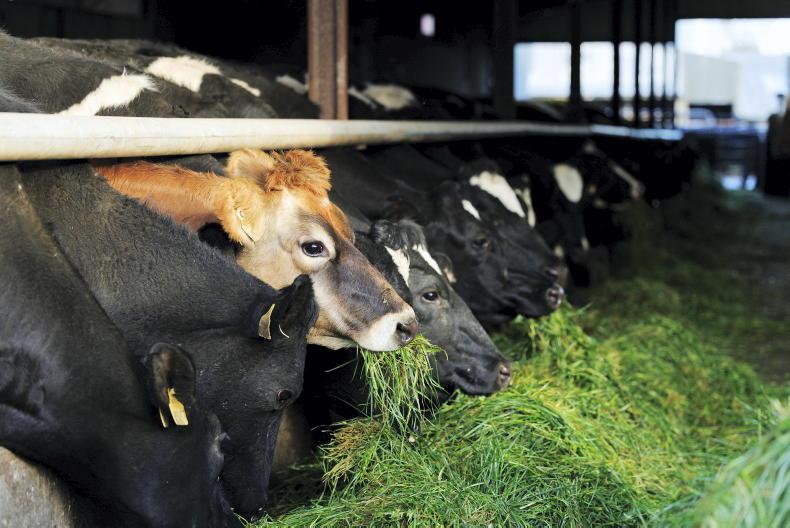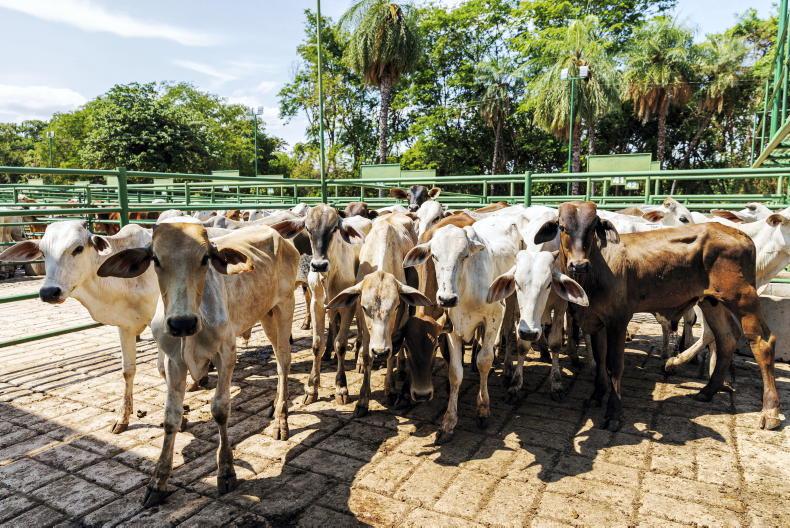An Taisce has proposed that putting quotes on nitrogen use or on milk and meat production would see Ireland hit its “environmental targets with certainty and enable greater business confidence in farming”.
Professor John Sweeney, a member of An Taisce’s climate committee, said that the latest Environmental Protection Agency (EPA) emissions data “demonstrates that hard limits on fertiliser inputs do limit for emissions, but waiting for price shocks is very poor policy for meeting climate targets and for most farmers”.
“By contrast, enforcing quota limits on total quantities of input nitrogen, nationally and by watershed, or on outputs of milk and meat production, will hit environmental targets with certainty and enable greater business confidence for farming,” he said.
MACC
Furthermore, An Taisce has said that the latest marginal abatement cost curve (MACC), which was launched last week, “does not appropriately acknowledge the escalation of agriculture emissions almost every year” since the first MACC was published in 2012.
This, it said, is despite all MACCs being considered the ‘roadmap’ for agricultural action on climate and cutting emissions.
Head of advocacy with An Taisce Dr Elaine McGoff said: “Given the failures of previous MACCs, why is the proven mitigation effect of production quotas not examined under the new MACC proposals?
“The MACC proposals only consider measures that perpetuate the existing policy of ongoing expansion of animal agriculture, with all scenarios forecasting an increase in the dairy herd, rather than offering decision-makers and the public a fuller range of policy options that acknowledge the full climate and pollution costs of options.
“Teagasc have continually claimed that there is no ‘silver bullet’ to cutting agricultural emissions, all the while ignoring the measure that would clearly have the greatest impact - a systematic move away from animal agriculture,” she said.
Different result
Teagasc’s new MACC is, in many ways, an exercise in doing the same thing as before and expecting a different result, An Taisce added.
“It should not fall to Teagasc to decide what is politically acceptable as a proposal to cut emissions.
"Nevertheless, these MACC proposals are inherently political because they fail to set out a full range of measures, such as options that could increase the resilience of farming and farms in Ireland in a more equitable way, while limiting emissions and pollution,” it added.
The MACC presented by Teagasc last week found that with a massive take-up in emissions reduction measures, coupled with a 29% drop in the suckler herd, an 8% rise in the dairy herd and the displacement of 140,000 head of cattle, the sector could meet its 25% emissions reduction target.










SHARING OPTIONS